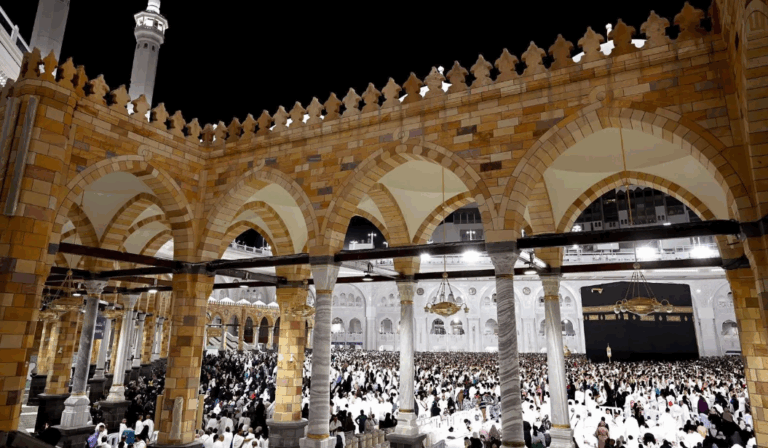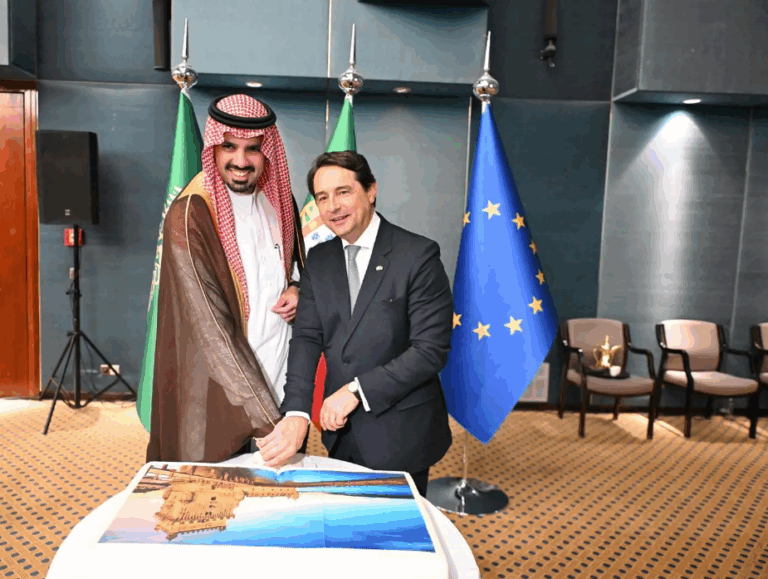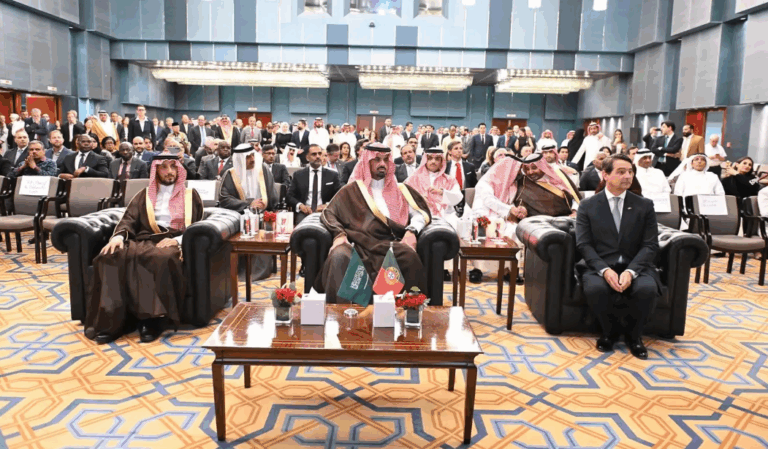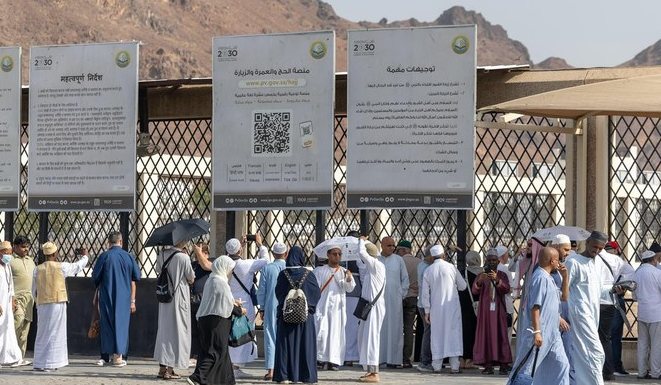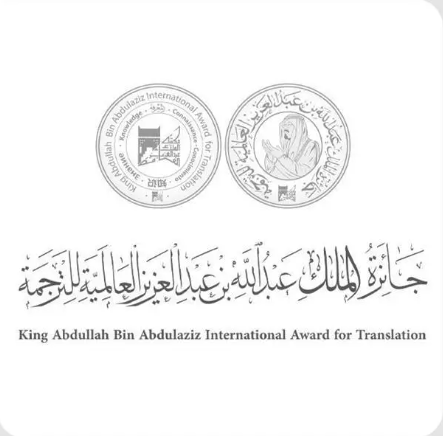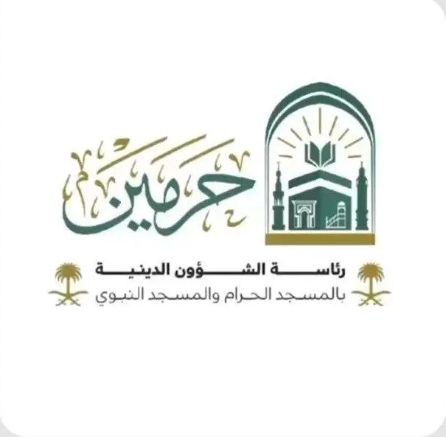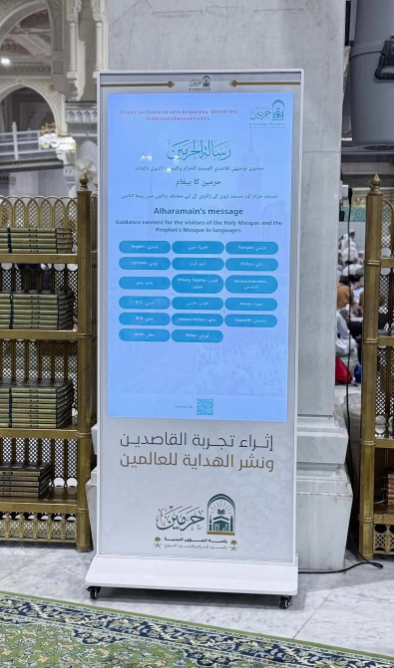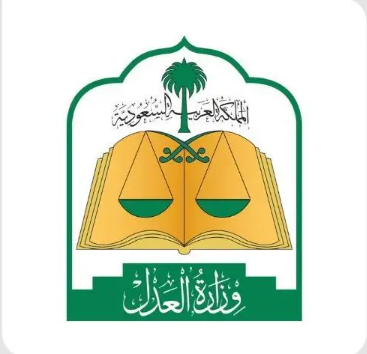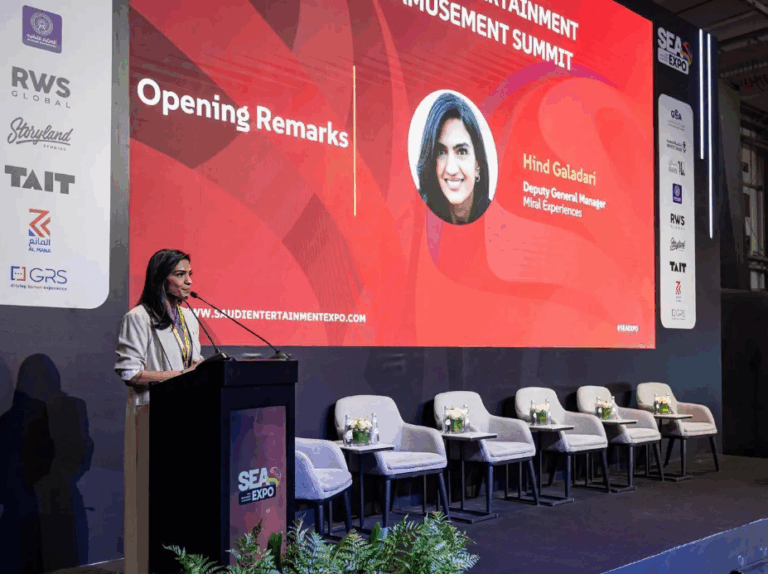**Titular:**
*Translation Award Enriches Academic Conference*
**Intro:**
The King Abdullah bin Abdulaziz International Award for Translation reinforced its commitment to bridging linguistic gaps by actively participating in the Sixth Conference on College Teaching and Learning (December 14, Riyadh). Hosted by King Saud bin Abdulaziz University for Health Sciences (KSAU), the event featured award-sponsored lectures on medical translation challenges and AI’s transformative role in research, underscoring the importance of precise, innovative Arabic-language content in academia.
**Factbox (50 words):**
– **Event:** 6th Conference on College Teaching & Learning
– **Host:** King Saud bin Abdulaziz University for Health Sciences (KSAU)
– **Date/Location:** December 14, 2024 | Riyadh
– **Award Sessions:** Medical translation challenges (Dr. Al-Fareh), AI in research/translation (Dr. Al-Thuwaini)
– **Focus:** Elevating Arabic translation standards across science, health, and humanities.
**King Abdullah bin Abdulaziz Translation Award Elevates Academic Discourse at Riyadh Conference**
**Riyadh, December 14, 2024** – The King Abdullah bin Abdulaziz International Award for Translation played a pivotal role in the Sixth Conference of College Teaching and Learning, hosted by the King Saud bin Abdulaziz University for Health Sciences (KSAU). The event, held in Riyadh, gathered leading academics and experts to address pressing educational challenges and foster innovation in teaching methodologies. By delivering two groundbreaking lectures, the Award underscored its commitment to advancing translation as a cornerstone of knowledge exchange.
### **Bridging Gaps in Medical Translation**
The Award’s first session, led by **Professor Dr. Abdulrahman bin Abdullah Al-Fareh**, delved into the complexities of medical translation. Dr. Al-Fareh, a renowned authority in the field, outlined the unique challenges of translating healthcare content, where precision is critical to preserving patient safety and scientific integrity. He emphasized the rigorous standards employed by the King Abdullah Translation Award to evaluate translations, including accuracy, contextual relevance, and adherence to specialized terminology.
“Medical translation is not merely linguistic conversion—it’s a lifeline for global health communication,” Dr. Al-Fareh remarked. His session highlighted the Award’s role in certifying high-quality medical translations, ensuring they meet the demands of researchers, practitioners, and policymakers worldwide.
### **AI: Revolutionizing Translation and Research**
In the second session, **Dr. Buthaina bint Mohammed Al-Thuwaini** explored the transformative potential of artificial intelligence (AI) in translation and academic research. She showcased how AI-driven tools are accelerating the translation process, enhancing accuracy, and enabling real-time multilingual collaboration. Dr. Al-Thuwaini emphasized AI’s ability to manage vast datasets, particularly in fields like biomedical research, where rapid knowledge transfer is essential.
“AI is not replacing human expertise but amplifying it,” she stated. “By automating repetitive tasks, translators and researchers can focus on creativity and critical analysis.” Her presentation aligned with the Award’s vision to integrate cutting-edge technology into translation practices, ensuring Arabic remains a dynamic language of science and innovation.
### **Award’s Mission: Enriching Arabic Knowledge Resources**
The King Abdullah bin Abdulaziz International Award for Translation reaffirmed its dedication to narrowing linguistic divides and elevating Arabic as a global academic language. Through its rigorous criteria—prioritizing originality, scientific rigor, and cultural preservation—the Award continues to champion translations that contribute to humanity’s collective knowledge.
By participating in high-profile forums like the KSAU conference, the Award amplifies its impact, fostering dialogue between translators, educators, and technologists. Its focus on fields such as medicine, technology, and humanities ensures Arabic-speaking communities access world-class research while safeguarding the language’s richness.
### **Conclusion: Translation as a Catalyst for Progress**
The Award’s involvement in the conference highlights translation’s vital role in education and global connectivity. As AI reshapes the industry and specialized fields demand greater precision, initiatives like the King Abdullah Translation Award ensure Arabic remains at the forefront of intellectual discourse.
For more information on the Award’s initiatives or to explore past laureates, visit [Official Website Link].
*Follow #TranslationAward and #KSAUConference2024 for updates on social media.*
—
**WordPress Tags:** Translation, Education Innovation, AI in Academia, Medical Translation, Arabic Language, King Saud University, Riyadh Events
**Meta Description:** Discover how the King Abdullah Translation Award shaped discussions at KSAU’s 2024 conference, emphasizing medical translation, AI innovation, and Arabic knowledge enrichment.
**FAQs: King Abdullah bin Abdulaziz International Award for Translation at the Sixth Conference of College Teaching and Learning**
1. **What was the significance of the King Abdullah bin Abdulaziz International Award for Translation’s participation in the Sixth Conference?**
The Award reinforced its mission to advance translation quality by presenting two lectures on medical translation challenges and AI’s role in translation innovation, fostering dialogue on cross-disciplinary educational and linguistic advancements.
2. **How does the Award contribute to improving Arabic-language resources globally?**
By publishing high-quality translations and prioritizing scientific, cultural, and humanitarian content, the Award bridges linguistic gaps and enriches Arabic resources, ensuring original texts’ value is preserved and accessible.
3. **What key topics were addressed in Dr. Abdulrahman Al-Fareh’s lecture on medical translation?**
Dr. Al-Fareh discussed challenges in medical translation, emphasizing accuracy, terminology precision, and the Award’s evaluation indicators to ensure healthcare information reliability and clarity for professionals and patients.
4. **How did Dr. Buthaina Al-Thuwaini highlight AI’s impact on translation during the conference?**
She explored AI tools’ transformative potential in accelerating translation processes, enhancing accuracy, and supporting knowledge transfer in sectors like healthcare and scientific research through automated and context-aware solutions.
5. **What criteria does the King Abdullah bin Abdulaziz International Award for Translation prioritize in evaluating submissions?**
The Award emphasizes originality, scientific rigor, linguistic quality, and adherence to ethical standards to ensure translations uphold the integrity and value of source materials.
6. **Why is medical translation considered a critical focus area for the Award?**
Medical translation directly impacts healthcare outcomes; errors can lead to misdiagnoses or treatment delays, making accuracy and specialized terminology expertise vital for patient safety and global medical collaboration.
7. **How does the Award support innovation in translation technology and methodologies?**
By promoting discussions on AI integration and funding research, the Award encourages adopting cutting-edge tools to improve efficiency, scalability, and accessibility in multilingual knowledge dissemination.
8. **What future initiatives does the Award plan to advance Arabic translation standards?**
It aims to expand partnerships with academic institutions, invest in AI-driven translation projects, and recognize groundbreaking works that address linguistic gaps in science, health, and humanities.
9. **How did the conference sessions align with the Award’s broader mission?**
The lectures underscored the Award’s commitment to fostering cross-cultural dialogue, elevating translation as a tool for education, and addressing sector-specific challenges through collaboration and technology.
10. **What role does AI play in overcoming traditional translation limitations?**
AI streamlines large-scale translations, improves consistency, and reduces human error, while machine learning models adapt to context-specific nuances, particularly in technical fields like medicine and scientific research.
11. **How can academics and translators engage with the Award’s initiatives?**
They can submit translations for recognition, participate in sponsored conferences, collaborate on research projects, or contribute to workshops focused on advancing translation standards and technology integration.
12. **Why is the humanities sector a priority for the Award’s translation efforts?**
Translating humanities works preserves cultural heritage, fosters intercultural understanding, and ensures global access to philosophical, historical, and literary texts that shape societal values and knowledge.
13. **What challenges in medical translation were highlighted as needing urgent attention?**
Dr. Al-Fareh noted issues like inconsistent terminology, cultural adaptation of medical content, and the need for translator specialization to avoid inaccuracies in patient guidelines or research documentation.
14. **How does the Award ensure translated works meet global scientific and academic standards?**
Through rigorous peer review, collaboration with subject-matter experts, and adherence to international guidelines, the Award guarantees translations maintain scientific validity and readability for diverse audiences.
15. **What long-term impact does the Award aim to achieve through its conference engagements?**
By sharing insights and promoting best practices, the Award seeks to inspire a new generation of translators, drive technological adoption, and position Arabic as a leading language in global knowledge exchange.
**CTA (Call to Action)**
Are you passionate about advancing translation excellence or leveraging AI for knowledge exchange? **The King Abdullah bin Abdulaziz International Award for Translation invites scholars, translators, and innovators to join its mission**. Explore award categories, submit your work, or stay updated on future initiatives by visiting [Award Website Link] or following their latest updates on social media. Together, let’s bridge languages and cultures through transformative translation!
**Conclusion**
The King Abdullah bin Abdulaziz International Award for Translation has once again demonstrated its pivotal role in fostering global dialogue and elevating Arabic as a language of science and innovation. By addressing critical challenges in medical translation and embracing AI-driven advancements, the Award highlights how tradition and technology can synergize to enhance accuracy, accessibility, and cross-cultural understanding. Its participation in the Sixth Conference of College Teaching and Learning underscores a steadfast commitment to empowering educators, researchers, and practitioners with tools to shape the future of knowledge sharing.
**Acknowledgments**
The Award extends its gratitude to the King Saud bin Abdulaziz University for Health Sciences (KSAU) for hosting this impactful conference, as well as to Professor Dr. Abdulrahman Al-Fareh and Dr. Buthaina Al-Thuwaini for their enlightening contributions. Special thanks to all attendees, whose engagement and expertise enriched the discussions. Together, such collaborations pave the way for a more interconnected and linguistically inclusive academic landscape.
—
*Note: Replace [Award Website Link] with the appropriate URL for the Award’s official site.*

